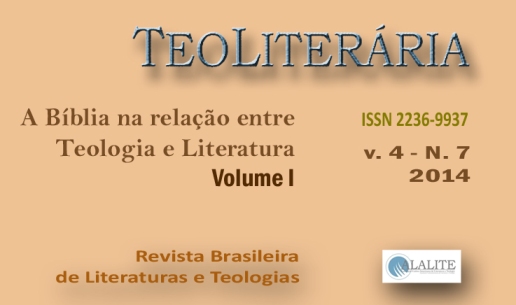La imaginación utópica como atributo de la libertad. Un comentario a partir de la concepción de imaginario social en Paul Ricoeur
DOI:
https://doi.org/10.19143/2236-9937.2016v4n7p218-229Resumo
Cuando el pensamiento posmoderno ha declarado el fin de las utopías y considera al optimismo iluminista como un repertorio de promesas incumplidas, nos preguntamos: ¿cómo volver hablar de utopías hoy? Creemos que aunque el dictamen posmoderno acierte en su diagnóstico en cuanto a lo fácticamente comprobable, se detiene en la superficie del análisis histórico y sociológico pasando por alto que la imaginación utópica hunde sus raíces en una experiencia originaria del hombre, a saber, la libertad y el deseo. Sobre esta raíz antropológica es que centraremos nuestro trabajo, y el poder encontrar los fundamentos del pensamiento utópico en el núcleo ontológico del hombre, será lo que nos permitirá responder al interrogante previamente mencionado. Para llevar adelante esta tarea recurriremos al estudio que Paul Ricoeur hace del concepto de imaginario social, ocupándose especialmente de una de sus expresiones más atrayentes, la de la utopía. Se presentarán los puntos más destacados del pensamiento de Ricoeur respecto de la utopía, y se buscará mostrar de qué modo esta imaginación utópica, que hace brotar nuevos mundos, se despliega como atributo de la libertad. Para esto abordaremos brevemente el análisis etimológico del término utopía, y el desarrollo de la teoría de la imaginación de Paul Ricoeur, deteniéndonos particularmente en la distinción entre imaginación reproductiva e imaginación productiva, lo cual nos conducirá a un concepto de utopía que, en palabras de Ricoeur, se nos presentará como aquel ningún lugar del cual “brota el más formidable cuestionamiento de lo que es.Downloads
Publicado
2014-11-14
Como Citar
Vanrell, N. (2014). La imaginación utópica como atributo de la libertad. Un comentario a partir de la concepción de imaginario social en Paul Ricoeur. TEOLITERARIA - Revista De Literaturas E Teologias, 4(7), 218–229. https://doi.org/10.19143/2236-9937.2016v4n7p218-229
Edição
Seção
Artigos
Licença
A TeoLiterária – Revista de Literaturas e Teologias é detentora dos direitos autorais de todos os artigos publicados por ela. A reprodução total dos textos em outras publicações, ou para qualquer outro fim, por quaisquer meios, requer autorização por escrito do editor. Reproduções parciais de artigos (resumo, abstract, mais de 500 palavras de texto, tabelas, figuras e outras ilustrações) deverão ter permissão por escrito do editor e dos autores.



